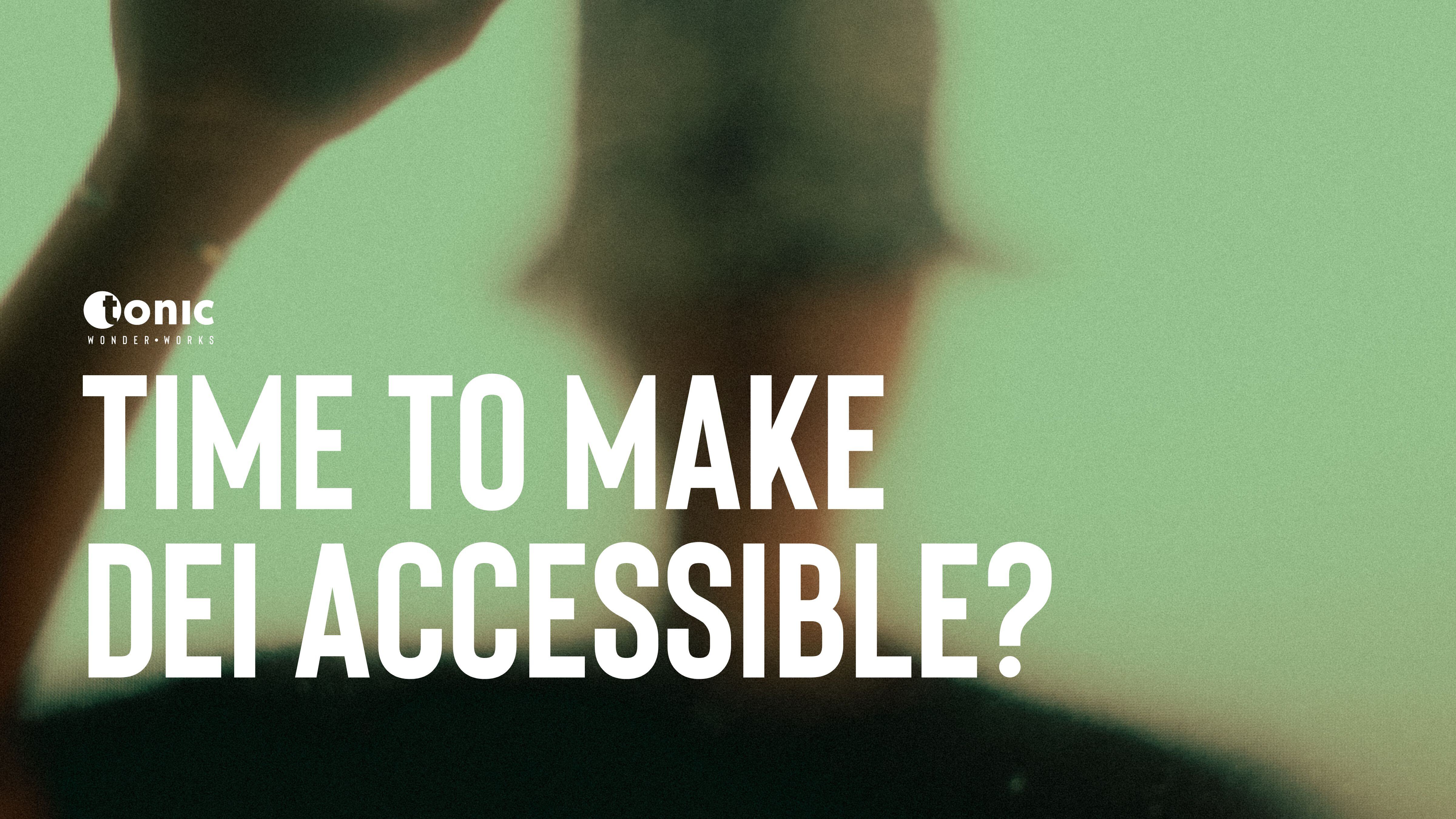It has been a turbulent time for DEI. But is the way we talk about DEI part of the problem? Is it time to reset DEI communications, and to ensure that everyone, no matter who they are, can feel part of the conversation?
“Social and structural fault lines institutionalise partisan sorting, exacerbate preference heterogeneity, and diminish intergroup consensus building, reinforcing adversarial system dynamics and gridlock.”
Well, unless you studied the causes of political polarisation, don’t worry. It’s from a paper I read at university, and I struggle to understand it just six years later.
It does help to make a point though.
Academics like to create their own way of speaking. Apparently it’s so that their meaning is abundantly clear. I choose to believe it’s to confuse the rest of us.
But academics aren’t the only ones. Many groups create their own ways of speaking. And the world of DEI is no different.
We create our own language, our own terms, our own ways of saying things. In the abstract, that’s fine.
If we're in the group, we all know what’s being said.
I’m not a sociologist, but I think at least part of the answer comes from confusion.
Many people won’t know what I mean if I say things like ‘intersectionality’, ‘heteronormativity’, ‘restorative justice’, or ‘unconscious bias’. Yet, they’re words and phrases that are becoming more and more common in how organisations communicate.
And the biggest problem is we’re not just confusing the people we want as allies. In some cases we’re alienating the very people DEI is meant to support and build up. Just because you’re from or part of a marginalised community, doesn’t mean you understand the often jargon-laden language of DEI.
No one likes to feel uninformed or, at worst, excluded. And I think it’s those senses that are contributing to the backlash we’re seeing today.
Let’s ensure that when we’re talking about DEI, we use clear language. It’s just as easy to say ‘understanding and respecting different cultures’ as ‘cultural competence’, and many more people will understand what you’re saying.
Clear language doesn’t mean boring language, or removing creativity in any way. It just means making sure that the ideas we’re conveying are accessible to all.
After all, if we’re not making sure that everyone knows what we’re saying, aren’t we doing a disservice to the fundamental ideas that sit behind DEI?





